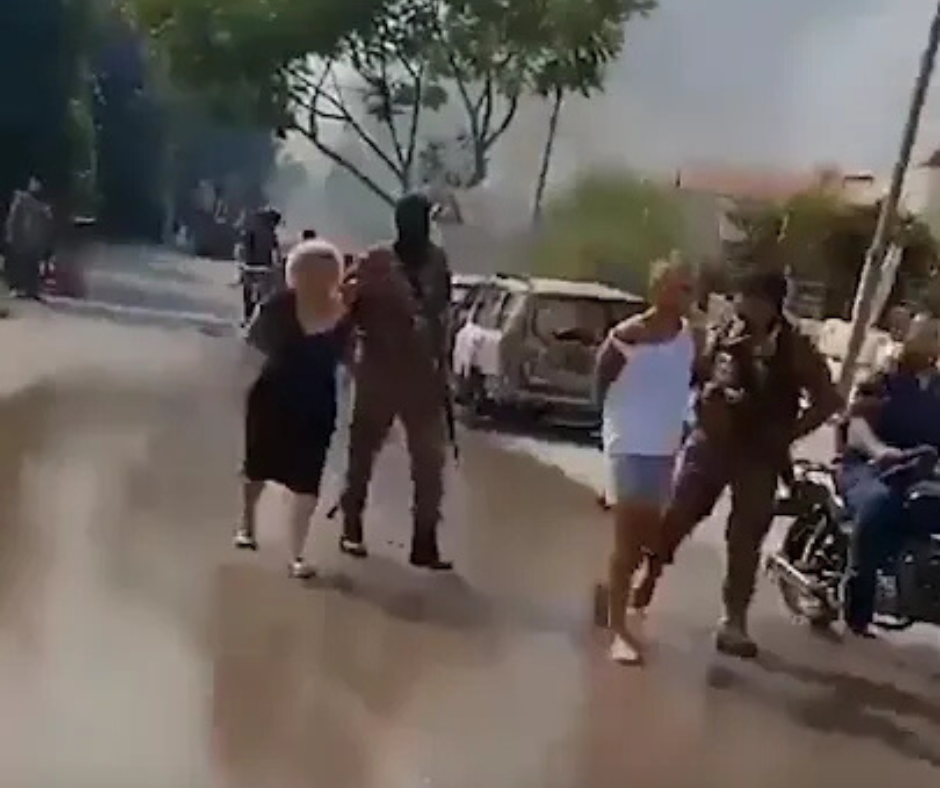
The humanitarian crisis in Gaza continues to worsen, as a local hospital confirmed the deaths of six more individuals due to starvation. With aid severely restricted and fuel supplies running low, many families are now facing life-threatening shortages of food, water, and medicine.
Healthcare workers in the region are overwhelmed. Hospitals are struggling to operate without consistent electricity, and many essential medical supplies are either unavailable or dangerously low. Doctors report seeing more cases of malnutrition, especially among children and the elderly.
Despite calls from international organizations for unrestricted humanitarian access, aid remains limited. Trucks carrying food and medicine are delayed or turned away at border crossings. Fuel restrictions have also paralyzed transportation and emergency services, further deepening the crisis.
The World Health Organization (WHO) and other agencies have warned that if the blockade continues, more deaths are likely—not just from starvation, but from preventable illnesses that cannot be treated due to the lack of basic supplies.
A spokesperson from one of Gaza’s main hospitals said, “We’re doing what we can with what we have. But right now, people are dying simply because food and fuel cannot get in.”
The situation has sparked renewed international concern. Some countries and humanitarian groups are calling for urgent negotiations to allow consistent and safe aid delivery.
While political discussions remain complex, the suffering on the ground is immediate and real. Civilians continue to pay the highest price as access to basic needs remains blocked.
It’s a somber reminder that behind political disputes, real human lives are hanging in the balance—desperate for relief.